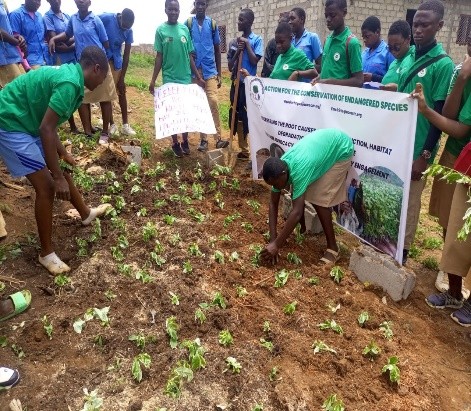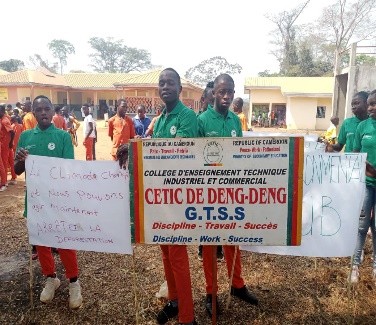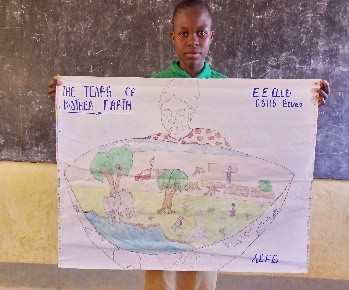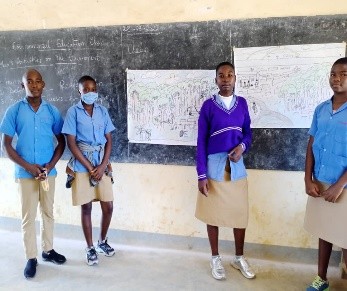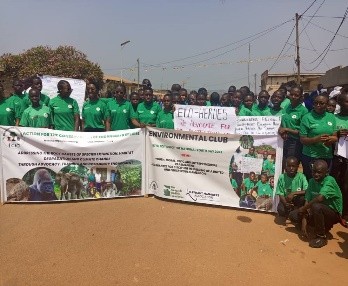CONSERVATION EDUCATION AND YOUTH STEWARDSHIP
This program underpins all other objectives by building long-term community capacity, values, and leadership. The goal is to foster a generation of informed and passionate local conservation leaders by integrating environmental education into community life and formal/informal learning structures. Our objective is to cultivate the next generation of environmental stewards by embedding conservation values and knowledge into the fabric of community life. We establish and support environmental education programs in schools and youth groups, fostering a deep understanding of local biodiversity, ecosystems, and traditional practices. Through hands-on youth ranger programs, eco-ambassador initiatives, and intergenerational learning, we empower young people with the skills, passion, and leadership capacity to become active champions for their natural heritage, ensuring the long-term sustainability of all conservation efforts.
Key Activities:
-
- School Conservation Clubs: Establish and support clubs in primary and secondary schools around PAs, with modules on local biodiversity, climate change, and traditional ecological knowledge.
- Youth Ranger & Eco-Ambassador Programs: Offer hands-on training, mentorship, and field visits for youth in conservation techniques, monitoring, and advocacy.
- Community Learning Days: Organize interactive workshops, film screenings, and storytelling sessions with elders to share knowledge on species, ecosystem changes, and sustainable practices.
- Development of Localized Educational Materials: Create guides, posters, and simple mobile app content in local languages featuring local species and ecosystems.
- Implementation: Partner with schools, parent-teacher associations, and youth groups. Train community facilitators. Use participatory and experiential learning methods.
- Sustainability Plan: Integrate clubs into school calendars. Develop a "Train-the-Trainer" model for teachers and peer educators. Create a small fund managed by a community committee to support annual club activities. Link Eco-Ambassadors to livelihood or internship opportunities within other ACES programs.
